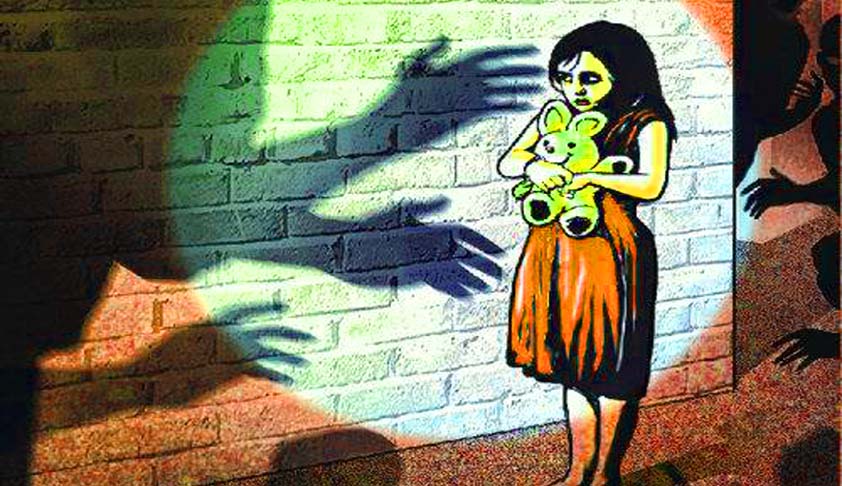38 Years of Age, Child or An Adult? The Special Leave that might be the Torchbearer of change in interpretation Laws in India
Swapnil Tripathi
4 May 2016 4:17 PM IST

The Apex Court on 2nd April, 2016 was faced with a peculiar yetunique case, when an SLP was filed by a mother on behalf of her mentally disabled child. The factual matrix in brief was the rape of her daughter who had a functional age of 8-9 despite being 38 years of age. The mother prayed before the Supreme Court that due to the functional age of her daughter being less than 18 years, the case should be tried under the Protection of Children from Sexual Activities Act (The act dealing with sexual offences against children). The Court, by granting the Special Leave has accepted to answer the question on the meaning of age under the POCSO Act, i.e. whether it stands for functional age or chronological age.
The hearing will be significant as the question of law is a novel one. However, on a preliminary reading the case does not seem to favour the petitioner on the following grounds: First, the Preamble of POCSO Act lays down the application of the Act specifically to children with Section 2(d) of the POCSO Act, going on to define a child as anyone below the age of 18 years.therefore substantiating the same. Also, the general procedure adopted by the Courts to determine age of a party under laws relating to minors/children is by obtaining either the birth certificate or matriculation certificate from school or by a duly constituted Medical Board. Such a procedure shows that the Court looks into the physical age of the person as opposed to his mental age.
Second, the law on interpretation of statutes allows for a strict interpretation of criminal statutes. Therefore, while interpreting ambiguous terms the Court goes for a strict meaning rather than a liberal one. Hence, it would not be wrong to assume that the Court while interpreting the words ‘child’ and ‘age’ would go for their literal meaning i.e. the physical age rather than the chronological one.
Third, even though a matter of this kind has never arisen before Indian Courts, the Supreme Court of Canada has adjudicated the same.The Canadian Supreme Court faced by the similar question of interpretation of the term ‘age’ rejected the notion of interpreting it to include adults who possess the mental age akin to that of a child.
However such precedent has merely a persuasive value alone and cannot be binding upon the Apex Court. The Court can proceed using its power and go against the settled practice. The decision of the Court would be an important one as it can lead to a change in the laws of interpretation.
Swapnil Tripathi is a B.B.A. LL.B. (Hons.) IV Semester semester student of National Law University, Jodhpur.


